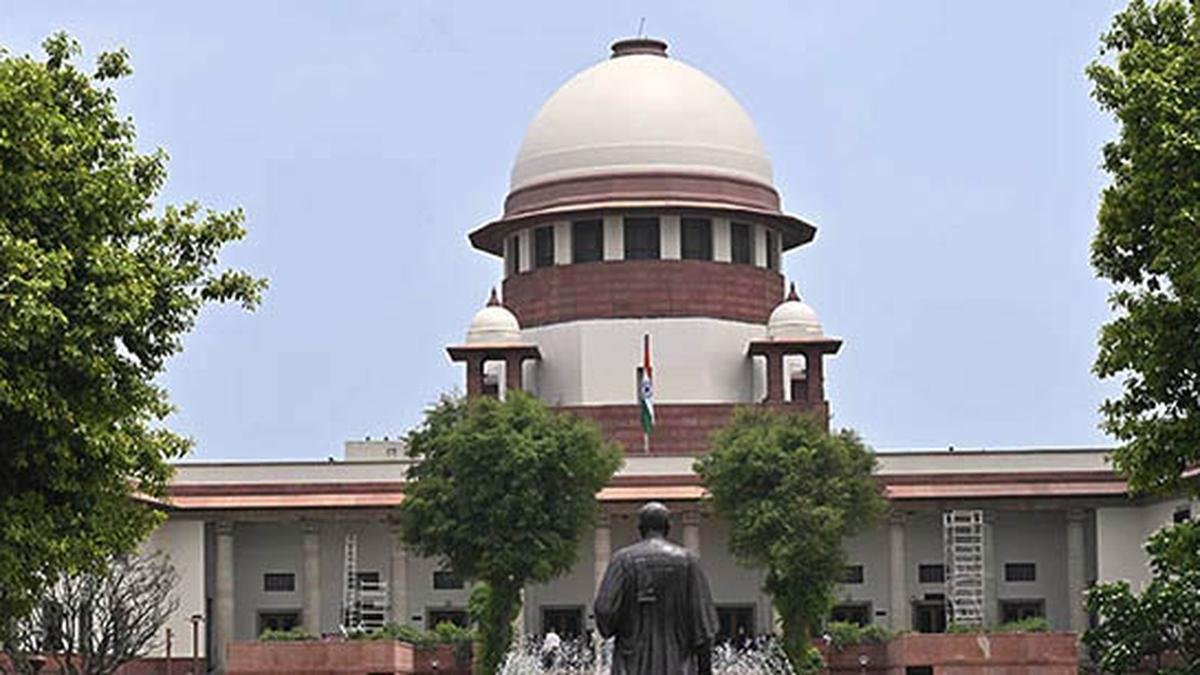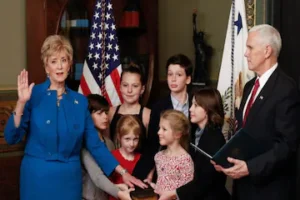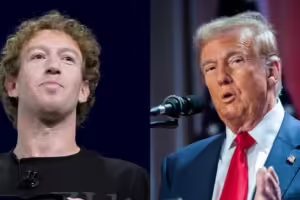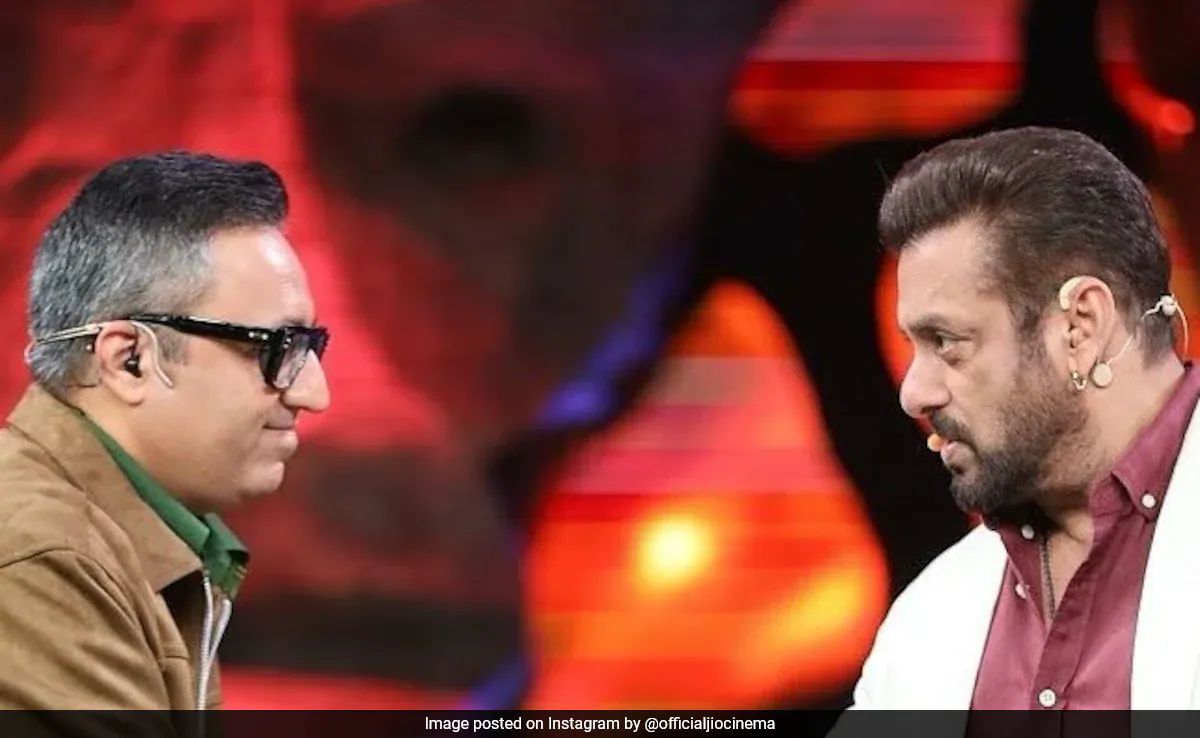Supreme Court upholds validity of Uttar Pradesh Madrasa Education Board Act

In March, the Allahabad High Court invalidated the Uttar Pradesh Madrasa Education Board Act of 2004, ruling it unconstitutional for endorsing an educational system that blatantly disregarded secular principles.
The Uttar Pradesh Madrasa Education Board Act of 2004 had its constitutional validity partially affirmed by the Supreme Court on Tuesday, November 5, 2024. The ruling also established that the State holds the authority to oversee madrasa education for maintaining high standards of quality.
The three-judge Bench led by Chief Justice of India D.Y. Chandrachud upheld the protection of the Muslim minority community’s interests in Uttar Pradesh under the law. However, it ruled that the sections of the 2024 Act concerning higher education, particularly Fazil (undergraduate studies) and Kamil (postgraduate studies), clashed directly with the University Grants Commission Act, rendering them unconstitutional.
The Uttar Pradesh legislation had encroached upon the exclusive jurisdiction of the Centre outlined in Entry 66 of the Union List within the Seventh Schedule of the Constitution. Entry 66 grants the Union government the power to enact legislation for establishing and overseeing the norms of higher education.
The 2024 Act, with the exception of the Fazil and Kamil levels, as stated in the ruling by the Chief Justice, aligns with the State’s duty to guarantee that students enrolled in acknowledged madrasas acquire a basic level of proficiency enabling them to actively engage in society and support themselves financially.
According to Chief Justice Chandrachud, the 2024 Act does not intrude on the daily management of recognized madrasas, despite granting the Board authority to determine academic curriculum, textbooks, teacher qualifications, and equipment and infrastructure standards.
The court pointed out that although minorities are entitled to establish and manage madrasas for providing religious or secular education according to Article 30 of the Constitution, this entitlement is not without limitations.
Interest of the state
The court elucidated that the government has a stake in upholding educational standards in minority institutions and can set regulatory prerequisites for providing assistance and acknowledgment. According to the Constitutional framework, the State is empowered to harmonize guaranteeing excellence with safeguarding the minorities’ entitlement to form and manage their educational establishments.
In a ruling delivered by Justices J.B. Pardiwala and Manoj Misra, it was unanimously decided that the scope of ‘education’ as outlined in Entry 25 of the Concurrent List should be interpreted broadly. Despite the fact that established madrasas provide religious teachings, their core objective revolves around formal education, thereby falling under the purview of Entry 25. Moreover, the Board, operating under the relevant Act, is responsible for organizing examinations and granting certificates to the students.
The highest court overturned a ruling by the Allahabad High Court which found that the 2024 Act contravened Article 21A (the right to education) of the Constitution and infringed upon the fundamental principle of secularism laid down in the Preamble.
In elucidating the matter, Chief Justice Chandrachud emphasized the need to harmonize Article 21A with the entitlements of religious and linguistic minorities in setting up and managing educational establishments as per their preferences. He highlighted that the Madrasa Board, under the Act, had the liberty, subject to State government endorsement, to formulate rules aimed at guaranteeing that religious minority schools offer secular education at a satisfactory level while preserving their minority essence.
The court pointed out that incorporating religious teaching or instruction into the education being regulated does not exceed a State’s legislative authority.
The Chief Justice of India (CJI) cited Article 28(3) of the Constitution, emphasizing that students enrolled in a minority institution acknowledged by the State or supported by public funds should not be obligated to participate in religious teachings or attend worship against their will.
Statement that covers all cases.
Chief Justice, in response to the High Court’s ruling that the Madrasa Act infringed upon secularism, argued that any violation caused by the legislation must be linked to a specific constitutional provision, rather than simply declaring it as conflicting with the Basic Structure without consideration.
The Chief Justice of India emphasized that questioning the constitutionality of a law cannot be based on breaching the Basic Structure of the Constitution. To contest a law’s validity on the grounds of infringing secularism, one must demonstrate how it contravenes the constitutional tenets related to secularism. The CJI noted an error by the High Court in asserting that a statute must be invalidated if it breaches the Basic Structure.














